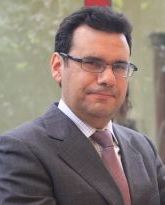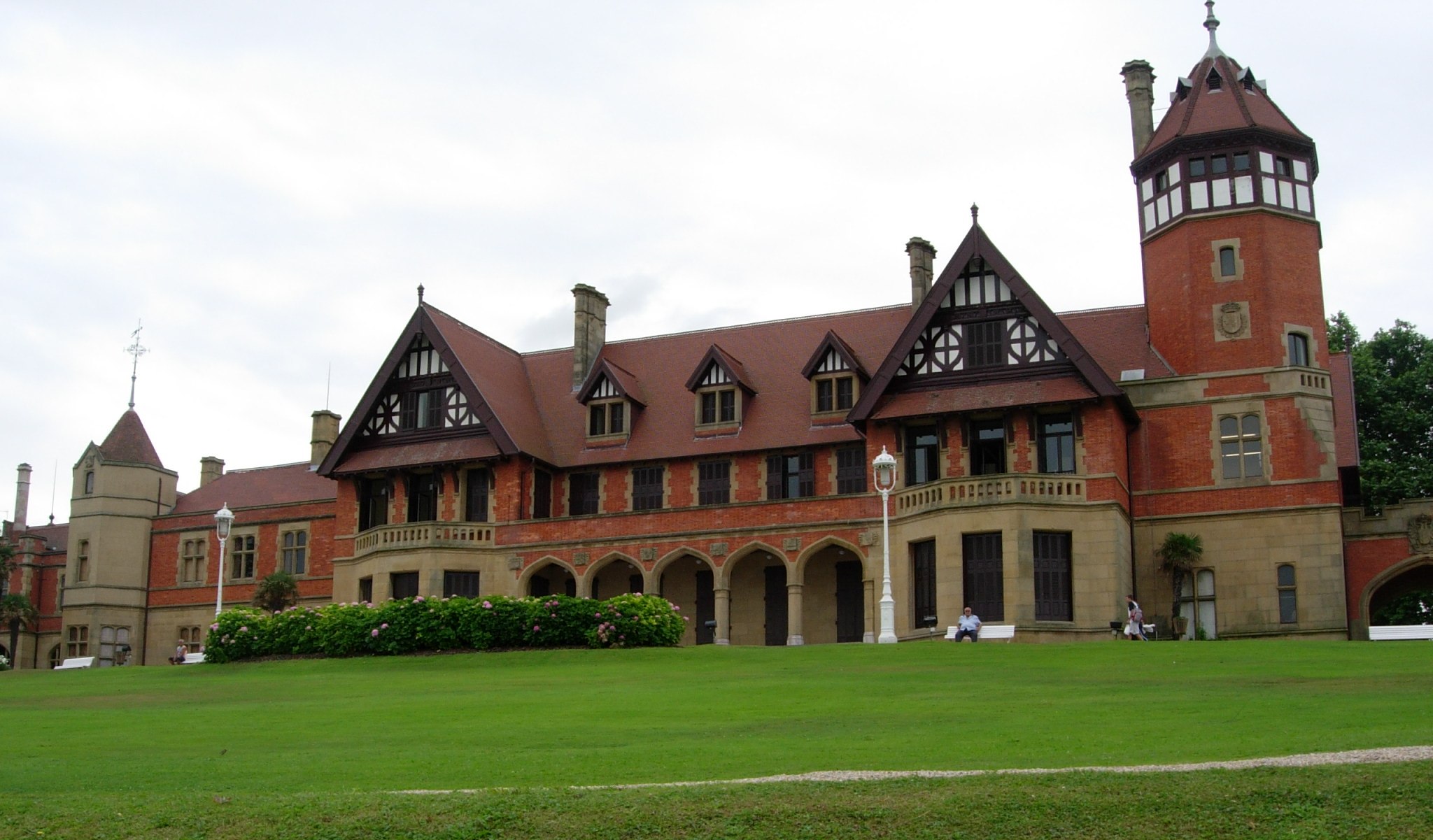
|
Ismael Sanz Labrador
Director,
National Institute Educational
Evaluation, (Spanish Ministry of
Education, Culture, and Sport). Spain
|
Director of the
National Institute of Educational
Evaluation of the Spanish Ministry of
Education, Culture and Sports since
January 2012. He obtained his PhD in
Economics and Business from the
Complutense University of Madrid. He
is professor of Applied Economics in
the University Rey Juan Carlos of
Madrid. He attended some courses and
did research internships at the
University of California-Santa
Barbara, Australian National
University, Complutense Royal College
of Harvard University and University
of Nottingham.
His interests are focused on quality
and improvement of education,
educational assessment, fiscal
politics, economic growth and
globalization. He has published many
works in these fields in both
national and international journals,
such as the European Journal of
Political Economy, European
Political Economy Review,
International Journal of
Forecasting, and Papeles de
Economía Española
among others. He has also
collaborated with collective works
and elaborated reports for the World
Bank and the Department of Treasury
of New Zealand. He has participated
in many national and international
conferences. He was Consultant of
the Cabinet of the Deputy Minister
of the Government of Madrid and
Deputy Director of the Evaluation
and Analysis Unit of the same
ministry.
CONFERENCE
ABSTRACT
National
Assessment of 3rd and 6th years of
“Primary School”
The conference
“National Assessment of 3rd and 6th
years of Primary School” aims to
make public the general frameworks
for the assessments of third and
sixth years of Primary School,
drawned up with the contributions
from different units of the Ministry
of Education, Culture and Sport
(Ministerio de Educación,
Cultura y deporte, MECD, in Spain)
and from autonomous
communities.
These
individualised assessments for all
pupils in third and sixth year of
Primary School:
1. Complete and
enrich the information and
orientation that pupils, their
families and centres get.
2.
Provide information to educational
centres, with the goal of the review
of the teaching and learning
processes and the educational
improvement from the results.
3.
Enable improve by means of having
available more information and of
the feedback between assessment and
teaching practice, with the aim of
making the most correct decisions.
4. Aditionally,
make easier, in the third year, that
all students get the specific
support measures that they need to.
Furthermore,
examples of assessment units will be
presented for their dissemination
among the school community.
|
